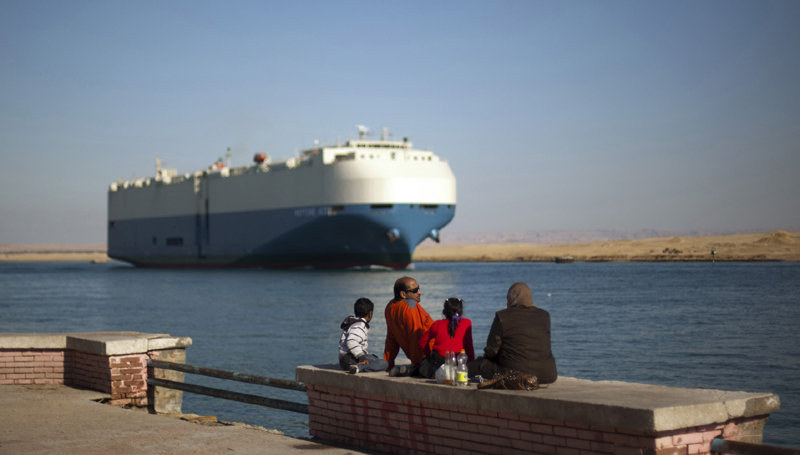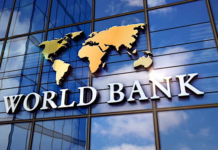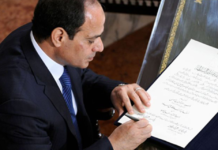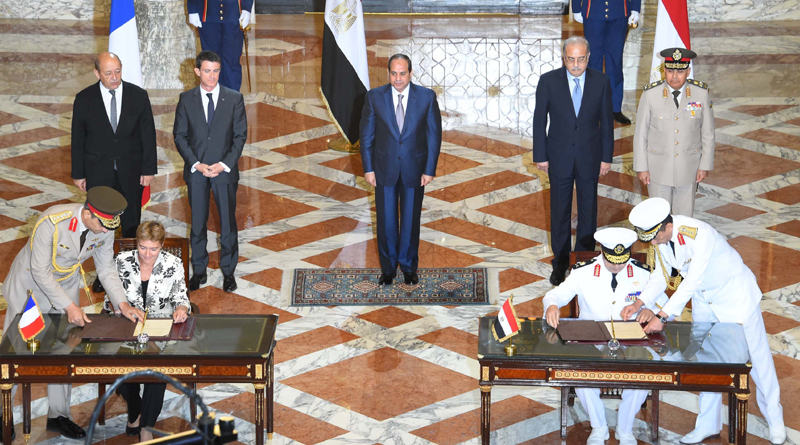
by Zainab Nawar*

Economist and Assistant Lecturer at the British University in Egypt
The 72Km New Suez Canal project that took one year has been opened last Thursday August 6 to bring a revenue of $13.5 billion by 2023, this is instead of last years’ revenue of $5 billion. The new waterway enables two-way traffic, which would help in doubling the current daily ship capacity up to 97 ships per day.
The New Suez Canal project would definitely make a difference in the world’s economy, as less transit time will lead to a decrease in the cost of production, and an increase in the profitability of the companies around the world.
Parallely, the Egyptian government plans to turn the whole Canal Zone into a giant logistical, ship-servicing and manufacturing hub. If this ambition comes true, we can imagine to what extent this giant project will boost the Egyptian economy, creating thousands of jobs. The vision is to construct a mega project; its aim is to increase the role of the Suez Canal region in international trading and to develop the three canal cities: Suez, Ismailia, and Port Said.
The giant project involves building an Industrial Zone consists of 18 new factories, which as well as building ship factories and services among the Suez Canal corridor which includes: a catering and services centre for ships manufacturing and repair centre, and logistic redistribution centres. Six new tunnels will be dug to connect the Sinai peninsula to the Egyptian homeland. The Technology Valley is planned to lie on the eastern part of Ismailia governorate, following the experience of Silicon Valley in the United States. It is planned that the technology valley will be Egypt’s first step towards electronics industry and the manufacturing of technological devices. The New Ismailia City will be created to accommodate approximately 500,000 Egyptians in order to relieve the pressure from the crowded towns of Cairo and the delta cities. New fish farms are to be built in the eastern side of the Suez Canal to produce high quality fish. The project also includes building a solar panel and reforming 400,000 acres of land in northern Sinai using the Al-Salam canal. The mega project also involves the development of Western Port Said Port, Eastern Port Said Port, El Sokhna Port, and Al- Arish Port.
The mega project of the Suez Canal would definitely contribute to economic changes in Egypt. It is unquestionable to be skeptic concerning the results of this project. It is the Egyptians who built the New Suez Canal in one year instead of three years. It is the Egyptians who were able to finance the $8 billion project from their own resources in less than 8 days. Will it be difficult for them to create a new route for the Future?
* Economist and Assistant lecturer at the British University in Egypt














